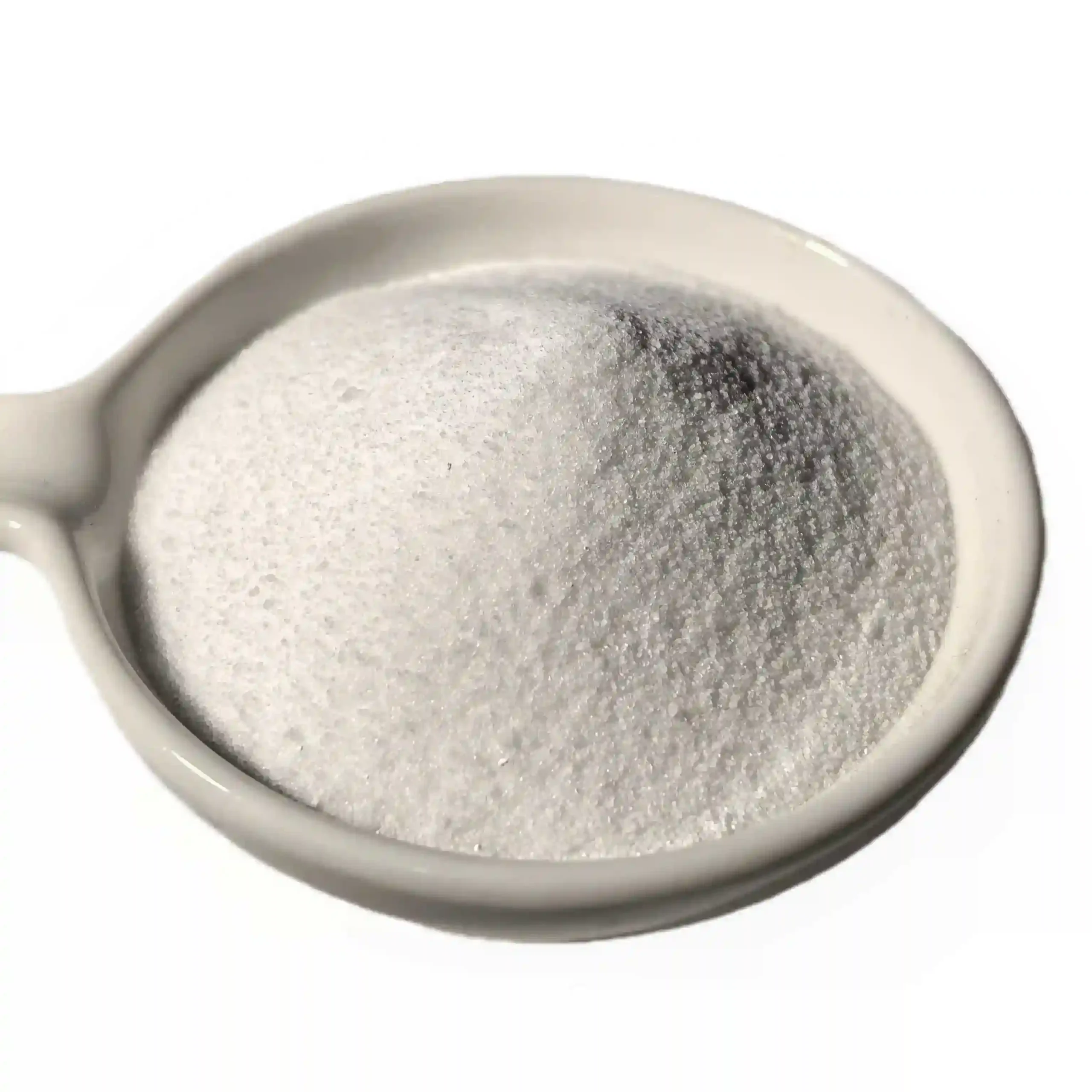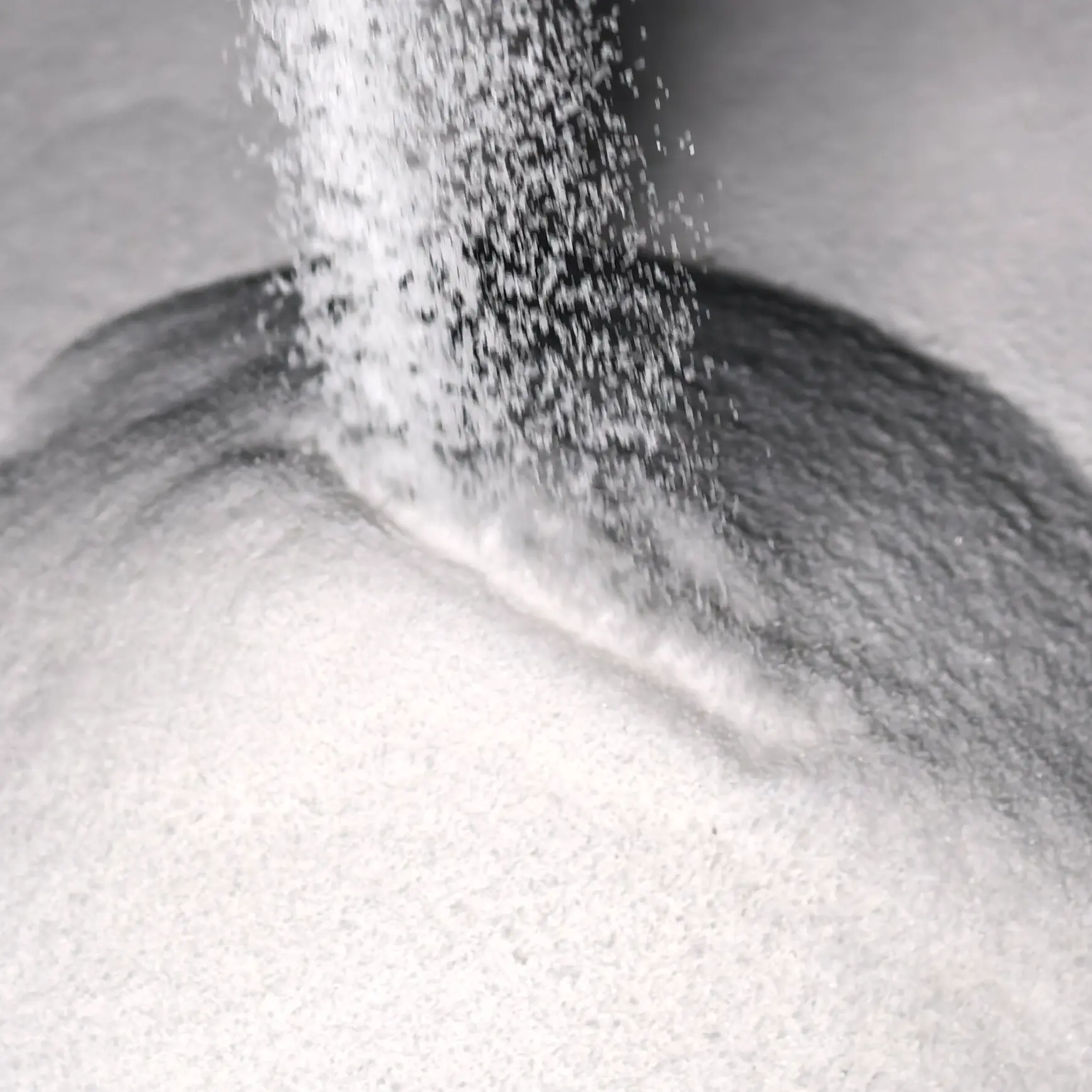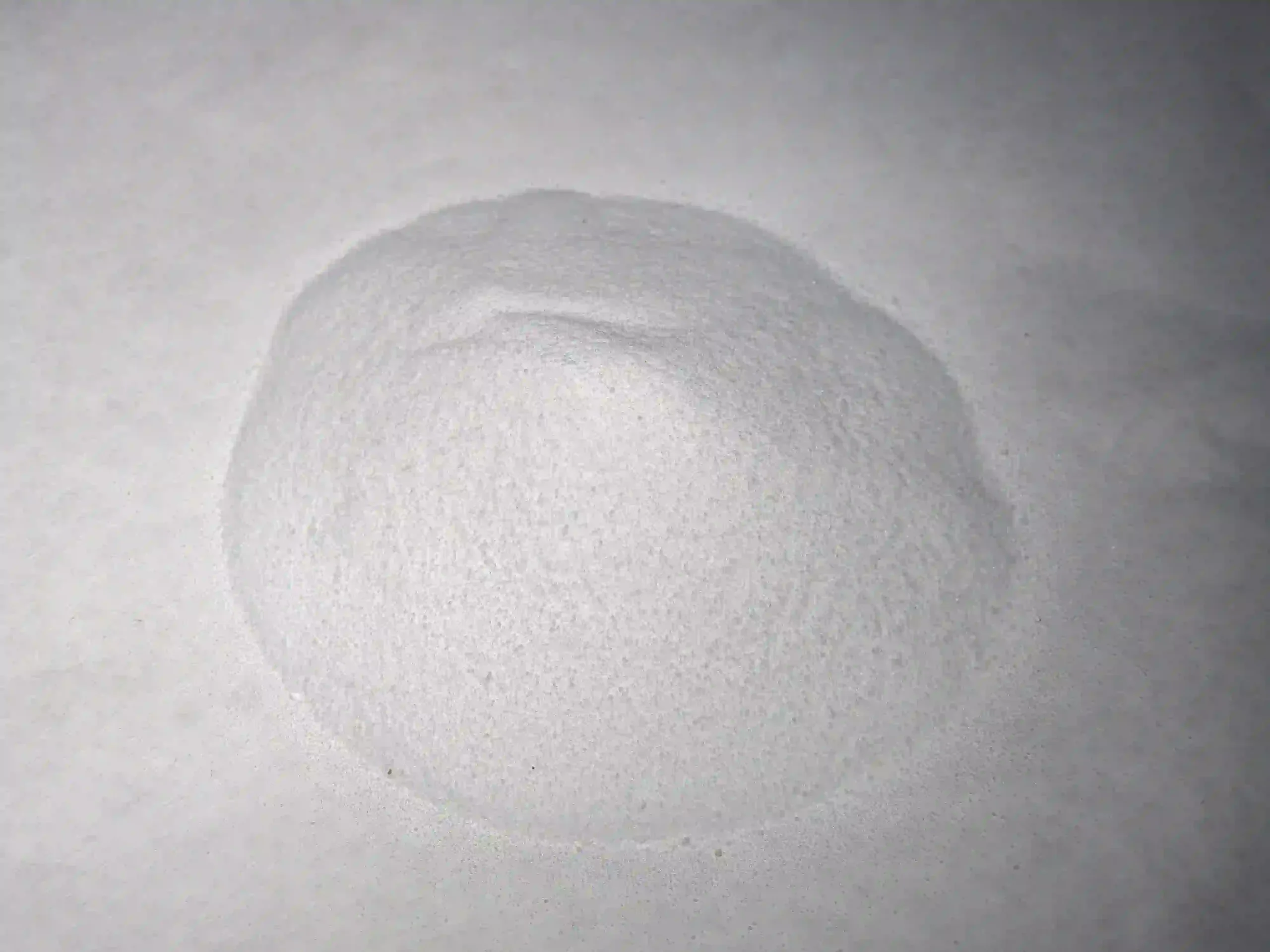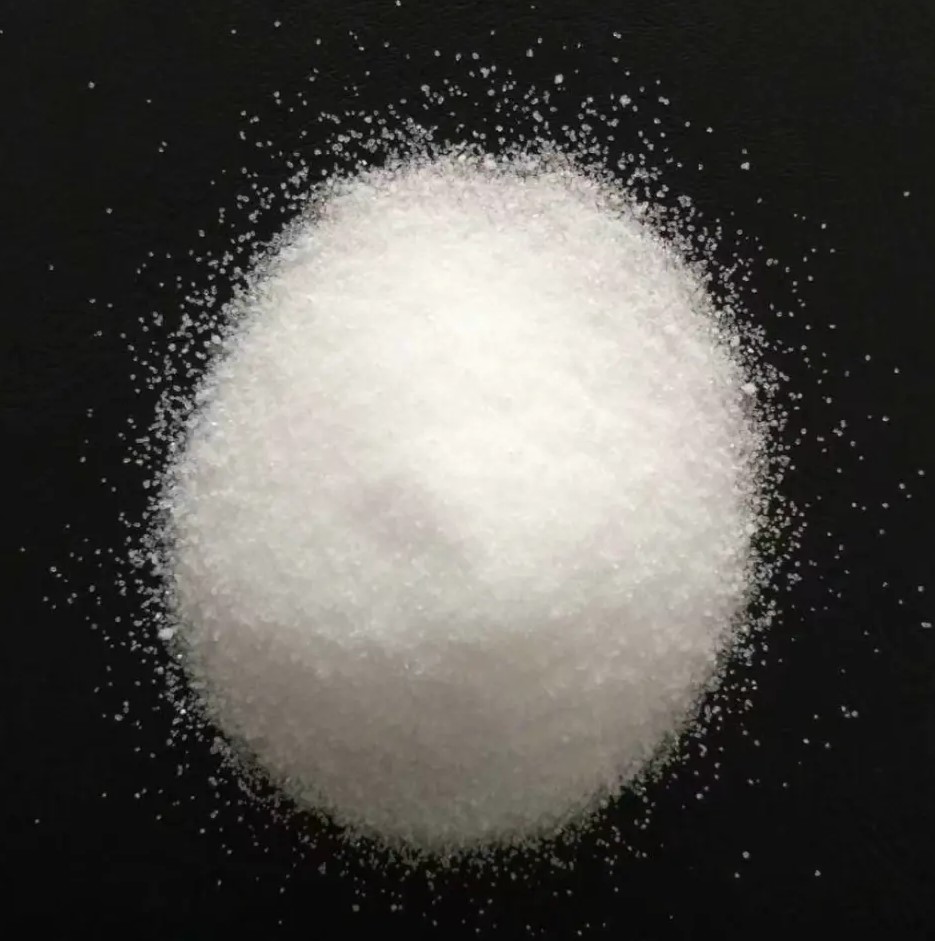-

Best Price
-

Good Quality
-

Alta pureza
-

Technically Supported
99.5% potassium nitrate powder for glass manufacturing, an outstanding clarifying and oxidizing agent, creates flawless transparent glass
In the field of high-end glass manufacturing, the purity of raw materials directly determines the quality and value of the products. The 99.5% industrial-grade potassium nitrate powder for glass manufacturing that we have launched, with its extraordinary high purity and outstanding chemical stability, has become an indispensable core raw material for the production of high-quality glass. It can effectively eliminate microbubbles and impurities in the glass melt, significantly enhancing the light transmittance and purity of the glass. It is your ideal choice for creating high-end crystal glass, optical glass and ultra-clear glass.
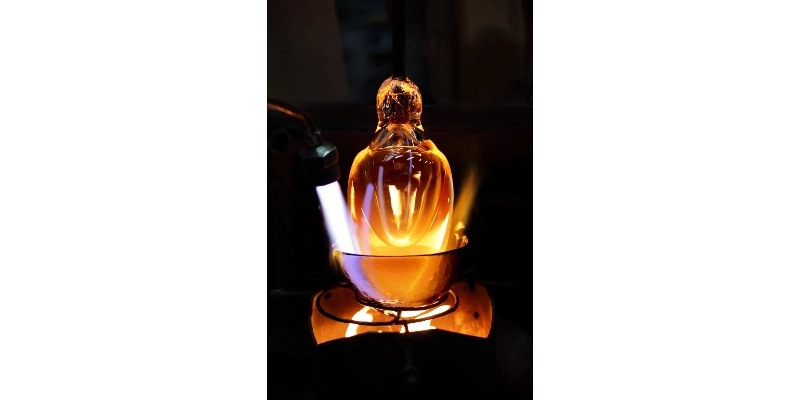
The core role of potassium nitrate in glass manufacturing
- High-efficiency clarifying agent: It stably releases oxygen at high temperatures (beginning to decompose at approximately 340℃), promoting the polymerization and escape of tiny bubbles in the melt, fundamentally solving the problems of bubbles and ash bubbles in the glass liquid.
- Powerful oxidant: Effectively prevent the erosion of refractory materials in the melting furnace by reducing substances in the ingredients (such as carbon powder and organic matter), and protect the service life of the melting furnace. At the same time, it stabilizes the variable-valence elements in the glass (such as iron ions), inhibits the cyan color caused by Fe²+, and enhances the whiteness and light transmittance of the glass.
- Color regulator: As the carrier of the decolorizing agent, it helps to produce a pure glass matrix, laying a perfect foundation for the subsequent coloring process.
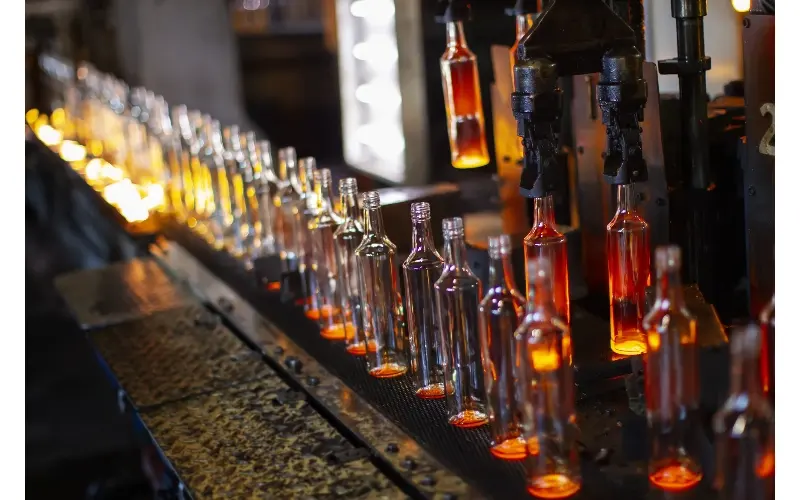
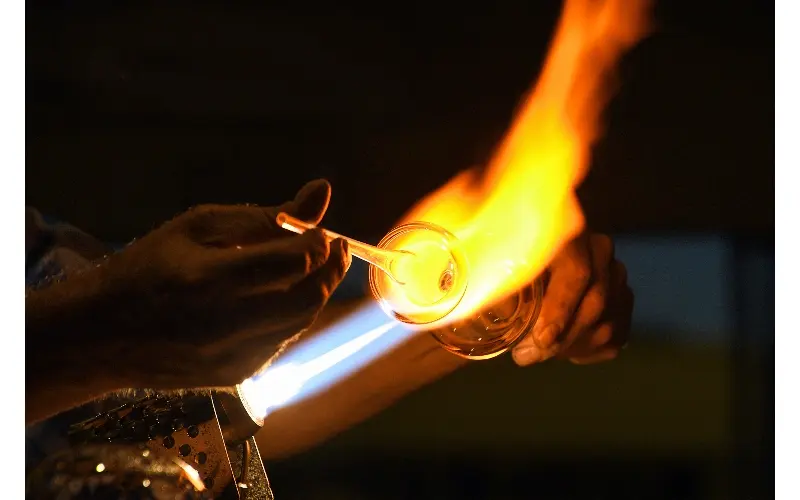
Our core product advantages
Ultimate purity ensures the quality of the glass
The main content is as high as over 99.5%, far exceeding the industry standards. It eliminates the introduction of heavy metal ions such as iron and chromium due to impurities from the source, ensuring the purity of the glass liquid. The finished product has a higher light transmittance and better color consistency.
Precise particle size control optimizes reaction efficiency
The specially designed powder form and carefully controlled particle size distribution ensure that it can be quickly and evenly mixed in the glass batch, achieving full contact with raw materials such as silica, thereby accelerating the melting speed, improving the reaction efficiency and clarification effect.
Strict impurity control to meet high-end demands
The coloring ions such as iron (Fe) and chromium (Cr) are subject to extreme control, with their contents strictly controlled below 10ppm and 2ppm respectively. This is particularly suitable for the production of ultra-clear glass, optical glass and crystal glass, which have strict color requirements.
Outstanding thermal stability and consistent decomposition behavior
It has a clear and consistent decomposition temperature range, providing glass artisans with an accurate process control window, ensuring the stability of the quality of each batch of glass products and reducing production fluctuations.
Technical parameters
| ltem | Standard Indicator(%) | Test Result (%) |
| Potassium Nitrate (KNO₃) (dry basis) | 99.40 | 99.52 |
| Water(H₂O) | <0. 15 | 0.120 |
| Water Insolubles | ≤0.03 | 0.027 |
| Chloride ion (Cl⁻) | ≤0.02 | 0.051 |
| Sulfate (SO₄²⁻) | ≤0.01 | 008 |
| Carbonate (CO₃²⁻) | ≤0.01 | – |
| Ammonium Salt(NH₄⁺) | – | |
| Iron (Fe) | ≤0.001 | 0.00056 |
| Chromium (Cr) | ≤0.0002 | 0.000048 |
| Moisture Absorption Rate | <0.25 | 0.21 |
Key applications in glass manufacturing
- Ultra-clear glass production: Extremely low iron content is the key, which can effectively enhance the light transmittance of the glass and achieve a “crystal-like” visual effect.
- Optical glass and crystalline glass: The outstanding clarification ability ensures that there are no bubbles or streaks within the glass body, meeting the strict requirements of high-end optical instruments and artworks.
- Bottle and jar glass and vessel glass: As an efficient oxidant and clarifying agent, it enhances melting efficiency and improves the appearance quality of products.
- Special glass: such as display glass substrates, photovoltaic glass, etc. The high-purity characteristic ensures the performance and yield of electronic-grade products.
Packaging, Storage and Safety Instructions
- Packaging: Inner packaging is polyethylene film bags, outer packaging is polypropylene woven bags, with a net weight of 25 kilograms /50 kilograms/1ton per bag, or customized according to customer requirements
- Storage conditions: Cool and dry place , warehouse temperature ≤30℃, relative humidity ≤80%.
- Transportation specifications: Hazard Code No. UN 1486, use sealed packaging, shipped separately.
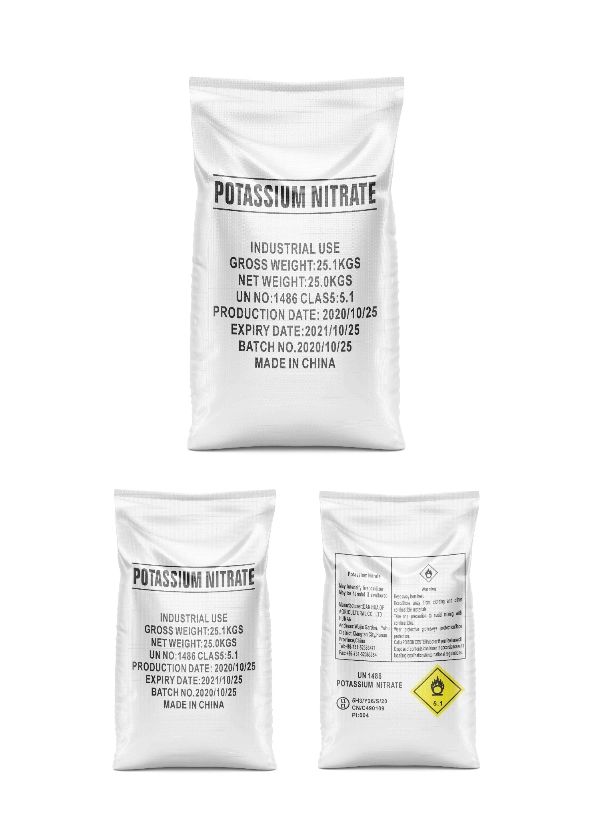

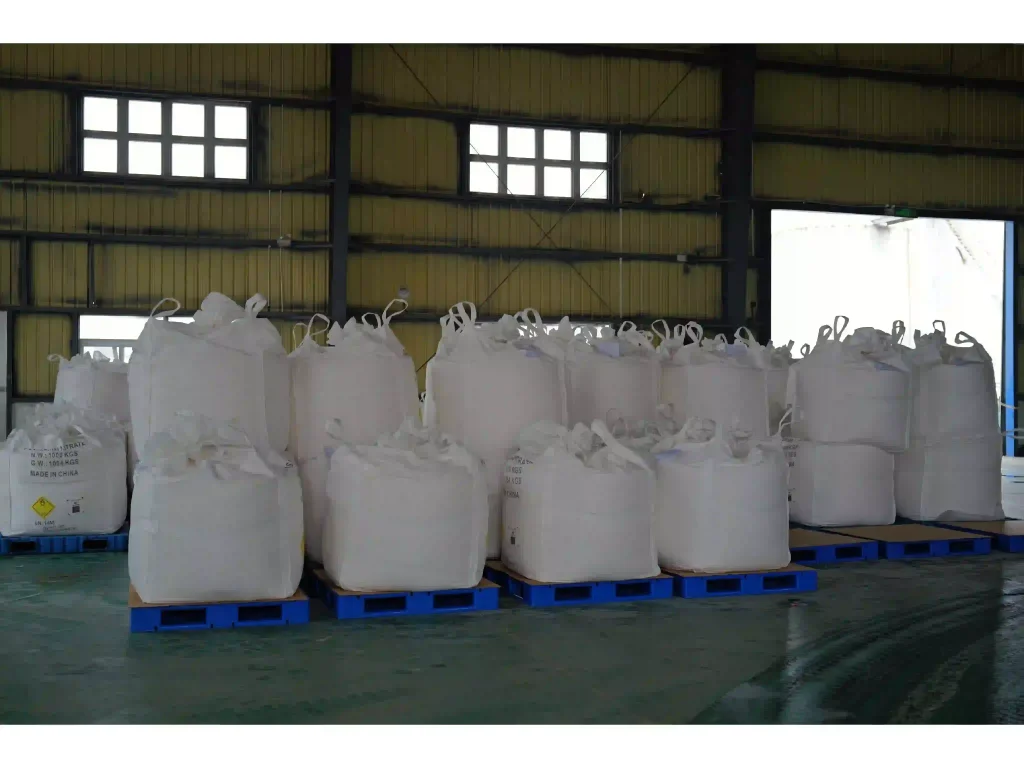
FAQ
Q1: Why does glass manufacturing require potassium nitrate with a purity as high as 99.5%?
A: Glass, especially ultra-clear glass and optical glass, is extremely sensitive to coloring ions such as iron and chromium. The 99.5% high purity can ensure that these impurities are controlled at the ppm level, preventing them from absorbing light of specific wavelengths and causing the glass to turn bluish or greenish, thereby guaranteeing the ultra-high light transmittance and purity of the finished product.
Q2: What are the specific differences between your company’s products and ordinary industrial-grade potassium nitrate in glass applications?
A: The core difference lies in the strictness of impurity control. Common industrial-grade potassium nitrate may meet general clarification requirements, but its relatively high iron content can seriously affect the whiteness and light transmittance of high-end glass. Our products are specially designed for high-end glass and have stricter restrictions on coloring and foaming ions such as Fe, Cr, and Cl⁻.
Q3: What impact does the particle size of powder have on the glass manufacturing process?
A: Particle size directly affects the uniformity of mixing and the reaction rate. Coarse particles may lead to uneven mixing and delayed melting. Excessive details can easily cause dust. Through optimized particle size control, we have achieved the fastest dissolution and reaction speed while ensuring operational safety, guaranteeing stable and consistent clarification effects.
Pursuing ultimate transparency starts with choosing high-purity raw materials!
We sincerely invite you to experience the outstanding improvement that 99.5% high-purity potassium nitrate brings to your glass products. Contact our technical sales team immediately to obtain free samples and detailed technical materials. Our application engineers will provide you with professional technical support and solutions.
Categoria de produto
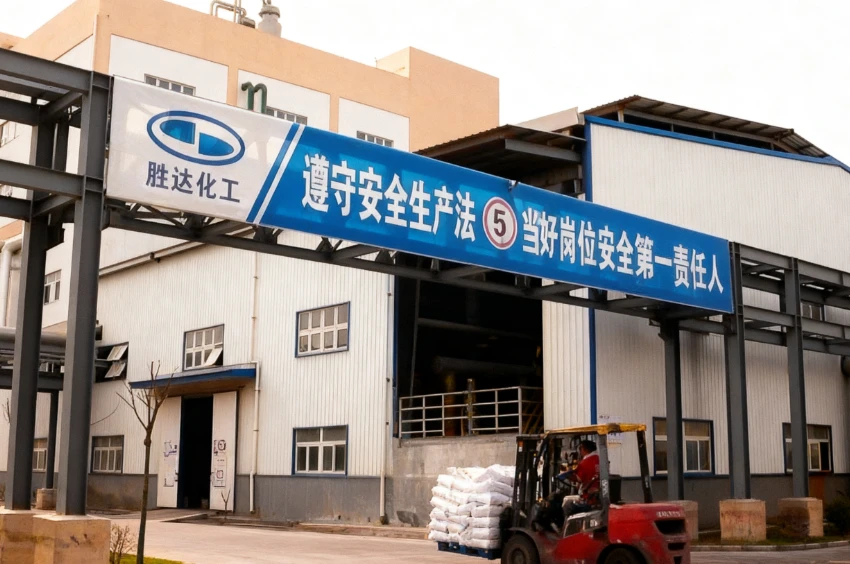

-
Deixe um recado!
Deixe um recado!


